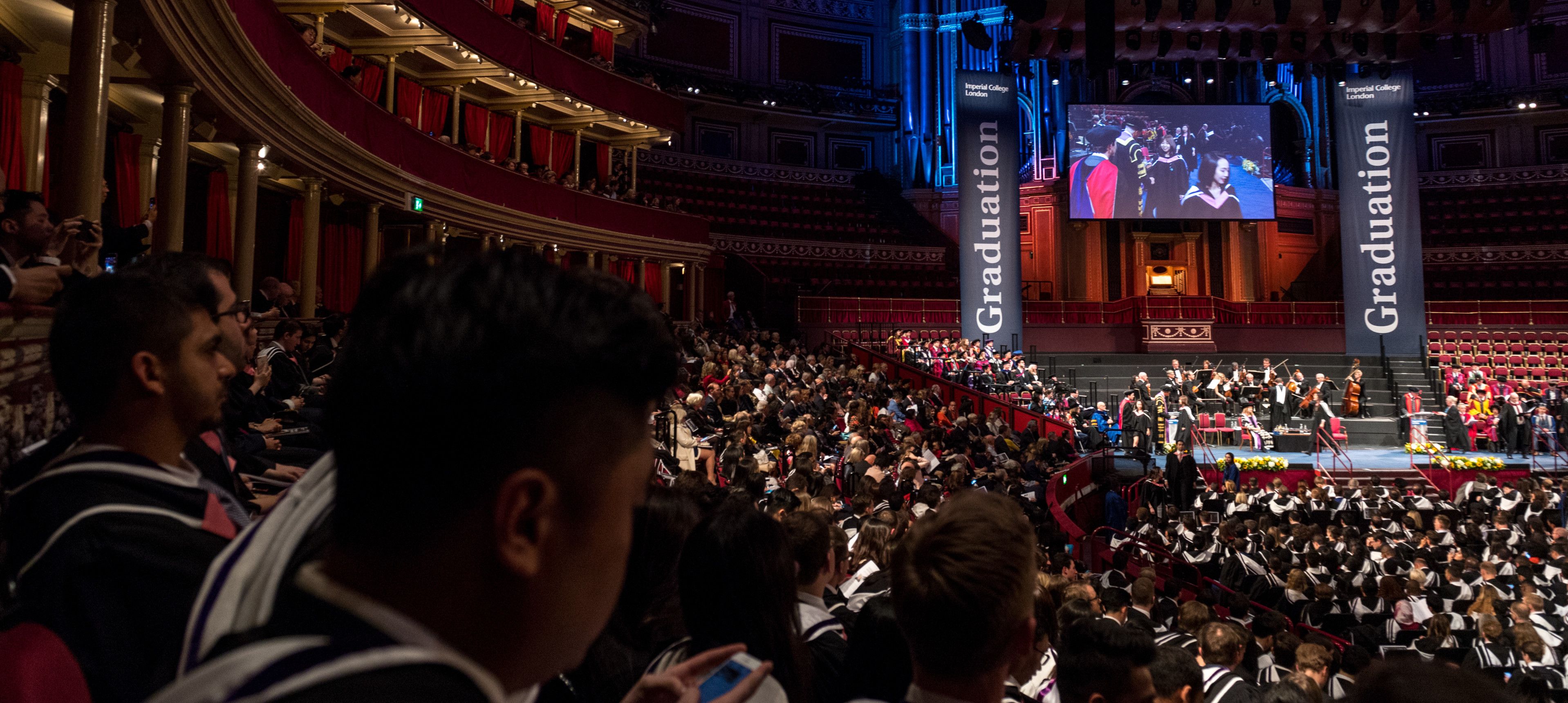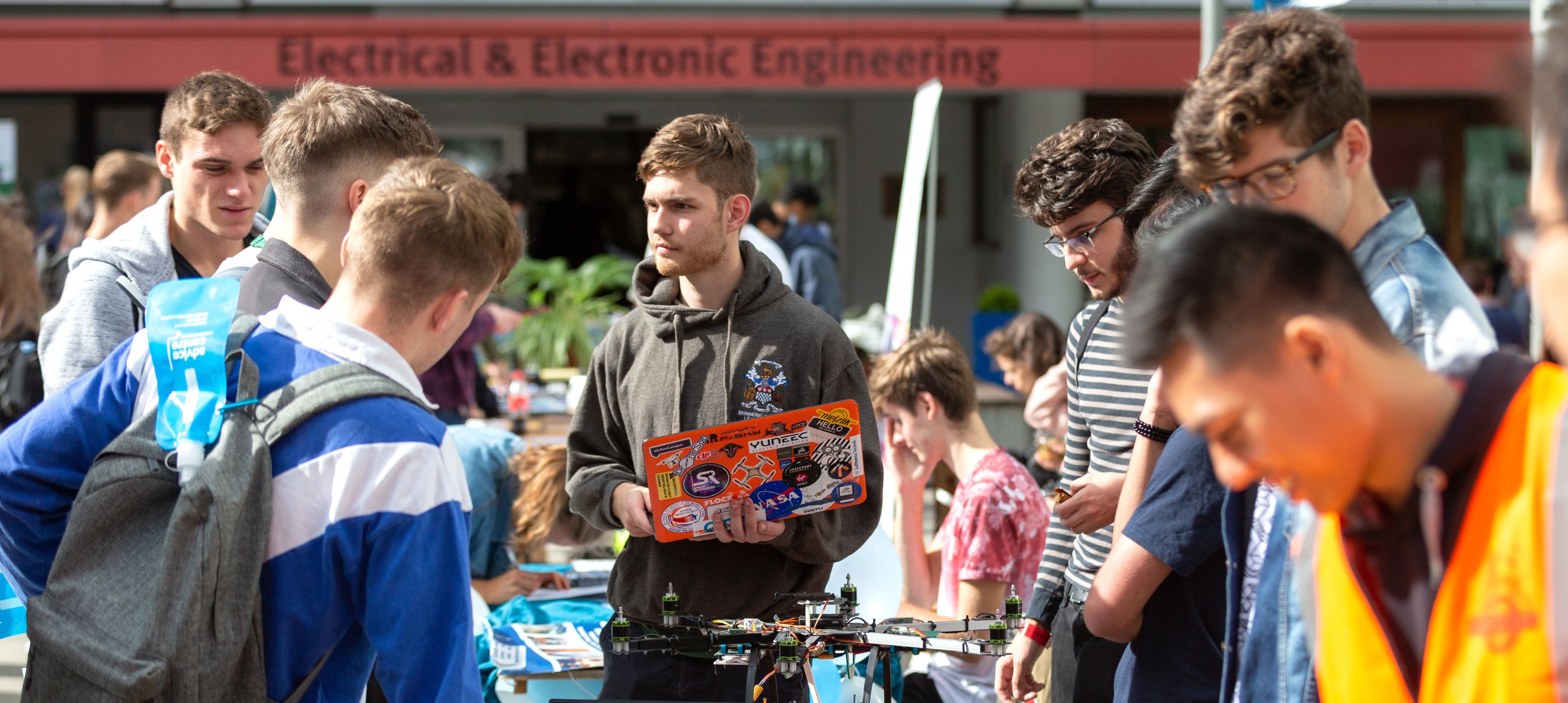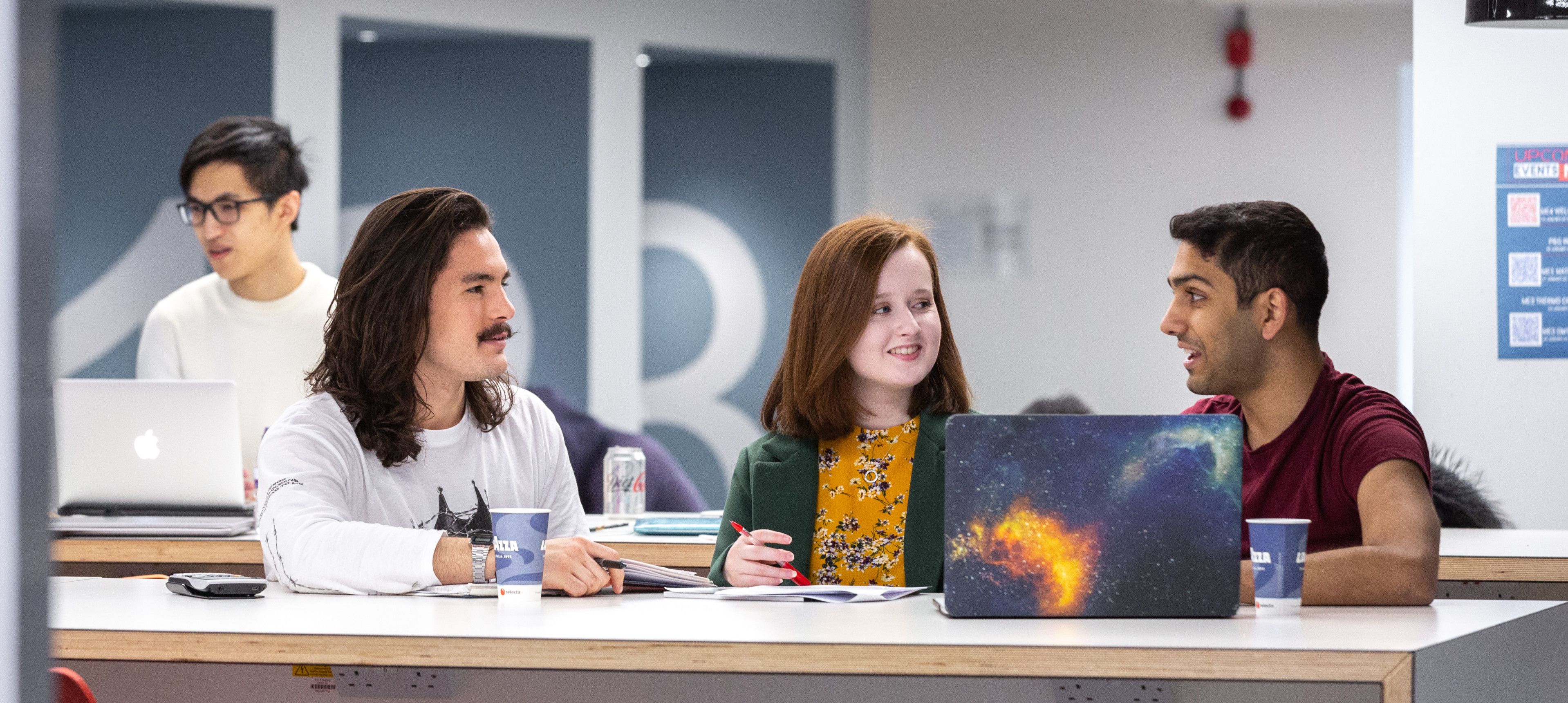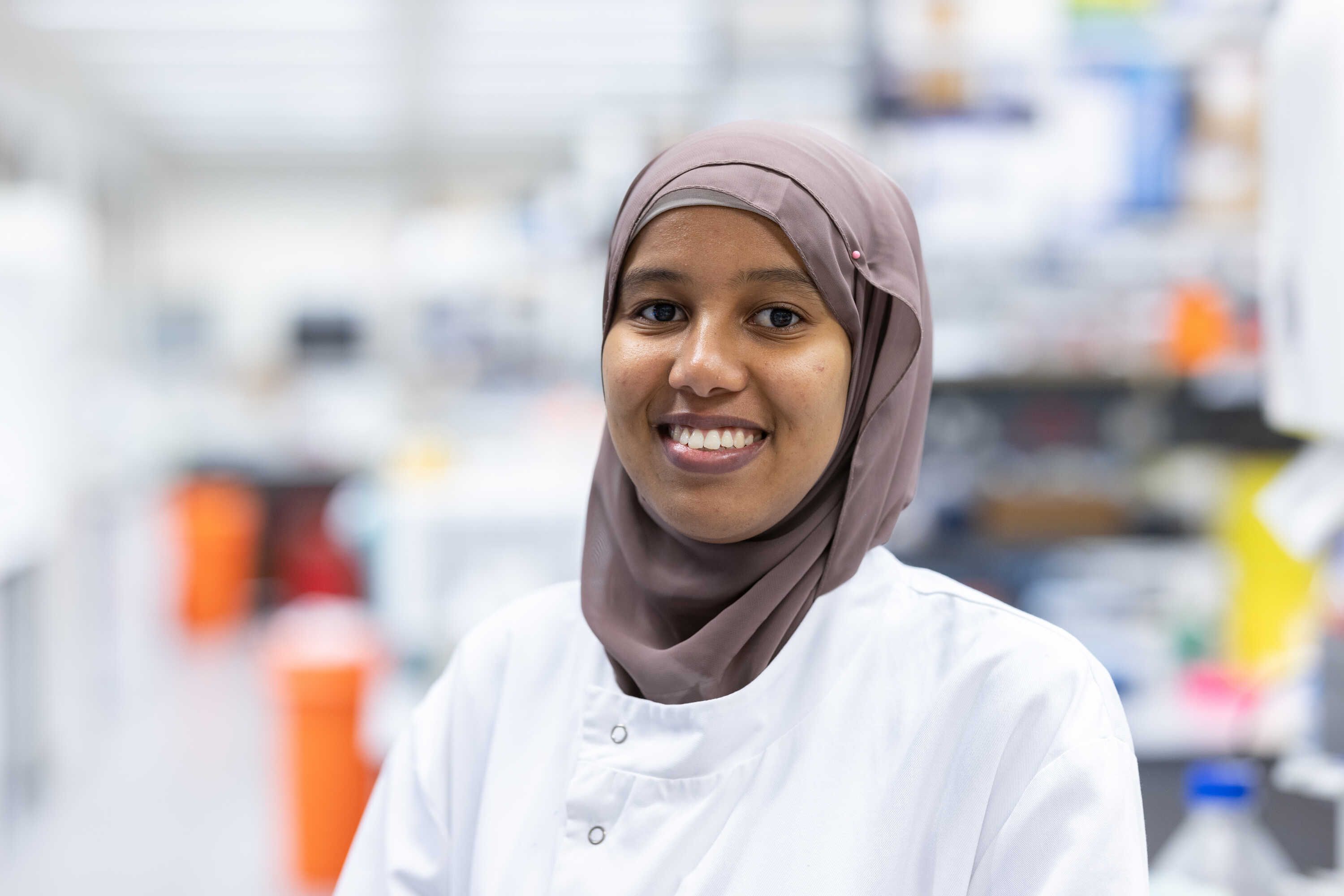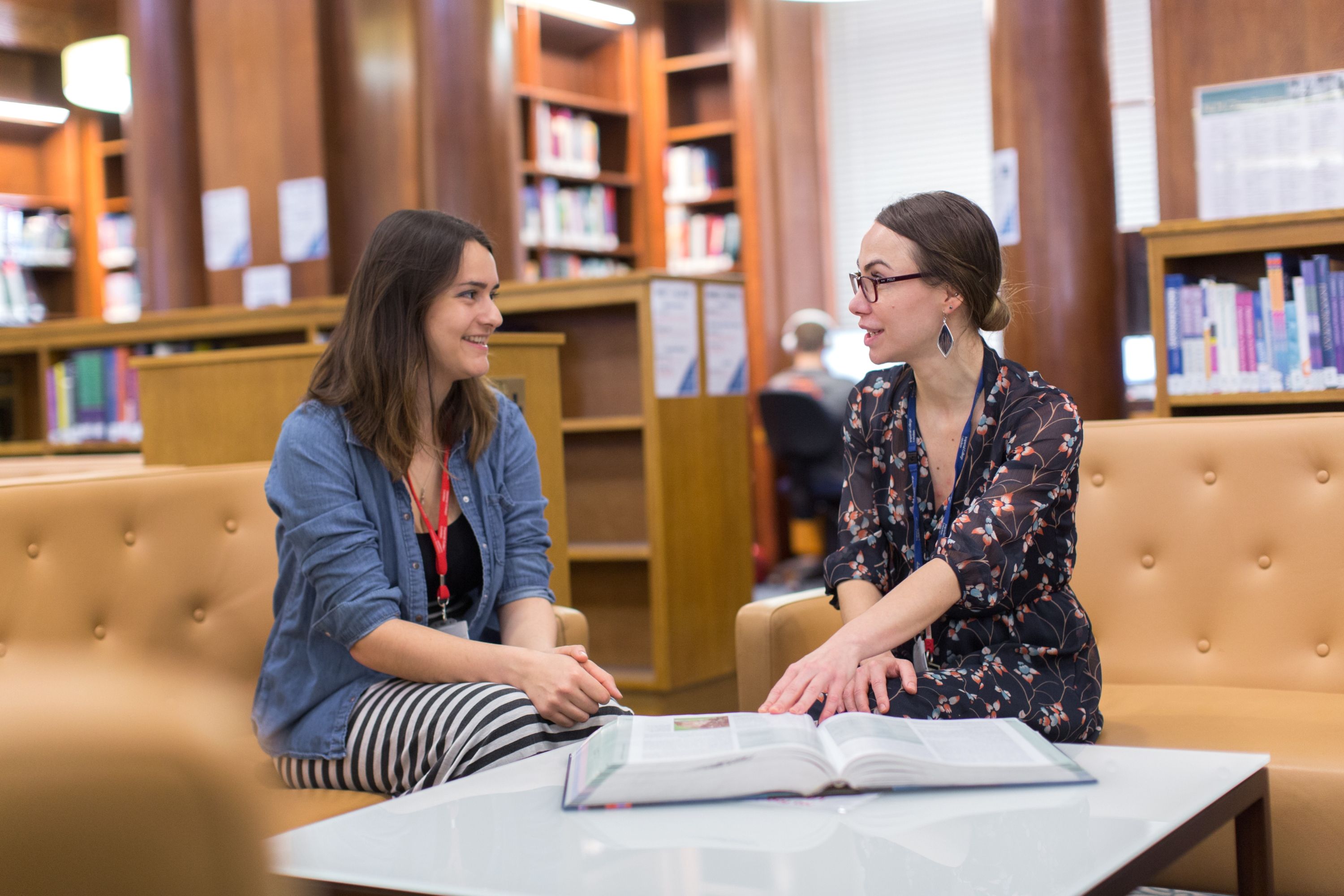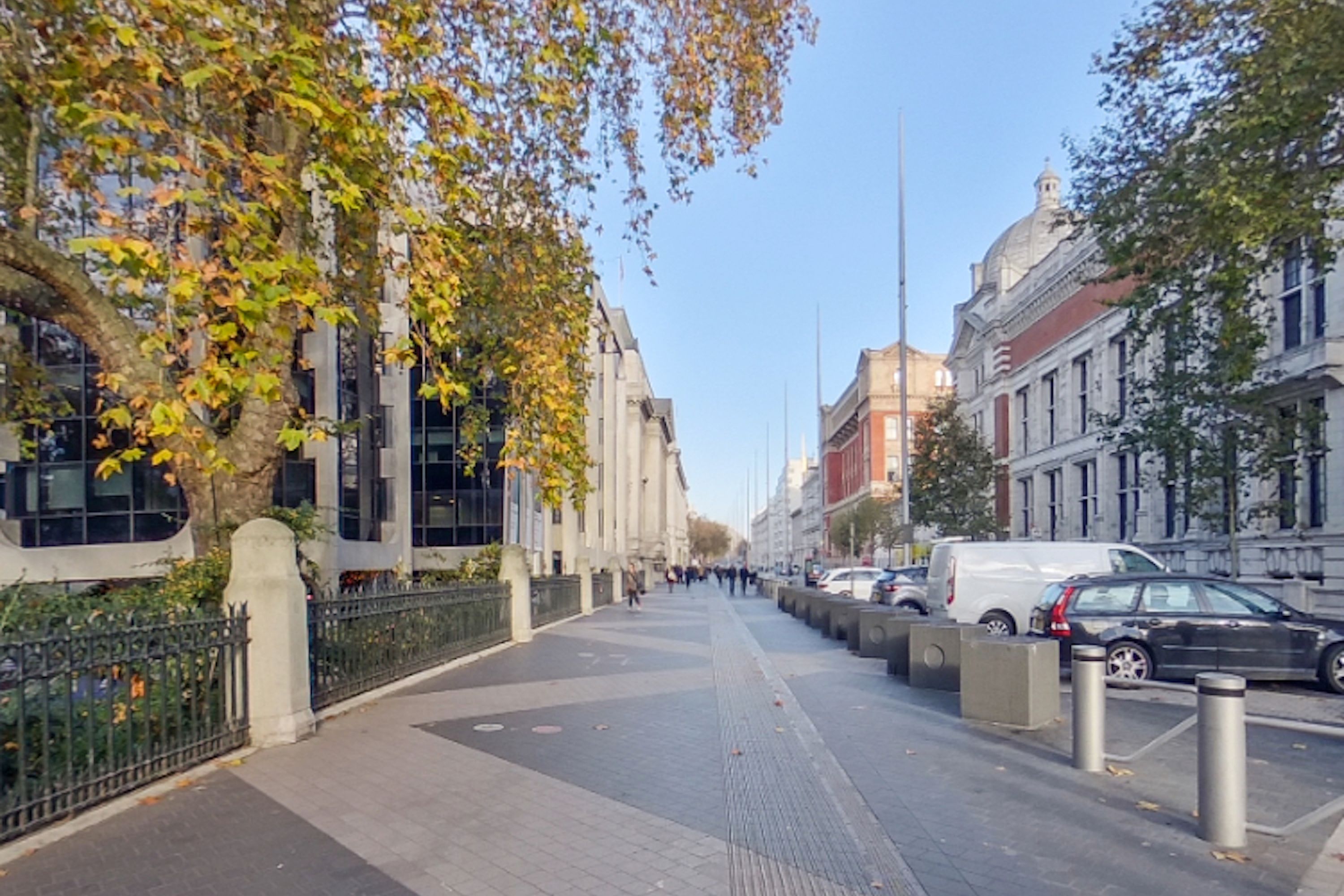Information for European students
- Imperial and Europe
- How to apply (undergraduate)
- How to apply (postgraduate)
- Scholarships and loans
- Student activities
- Life after Imperial
Imperial is proud of the innovations, ideas and inspiration that come from the European members of its community, which includes 2,800 students and over 2,000 staff.
European nations represented here include Austria, Belgium, Cyprus, Denmark, France, Germany, Greece, Italy, Poland, Portugal, Romania, Spain, Sweden, Switzerland, and Turkey.
In the last decade alone, Imperial has published more than 60,000 research papers with European partners. Find out more about our work in Europe at Imperial Global.
"When I came on a student-led tour I could really easily picture myself here, and the location is absolutely amazing – South Kensington is such a beautiful and safe area. The large percentage of international students and the advanced research facilities were definitely also pros. I love everything about living in London, from the liveliness of the city to the endless list of places you can go to during the weekend."
Liu Haoyun (Switzerland) BSc Biochemistry and Management
An undergraduate degree at Imperial normally lasts three years for a Bachelor’s level qualification or four years for an integrated Master’s.
Some departments offer a year abroad or a year in industry which can add to the overall length of your degree.
Applying via UCAS
To apply for a full-time undergraduate programme at Imperial, you must make an online application via the Universities and Colleges Admissions Service – UCAS. The UCAS code for Imperial College London is I50.
UCAS allows you to apply to a maximum of five courses in one cycle. Find step-by-step instructions on how to apply; you can also visit the UCAS website for more in-depth advice.
If we want to offer you a place, but you have not yet taken your final school exams, then we would usually make you a 'conditional offer'. This means we will guarantee you a place at Imperial subject to you satisfying the conditions of your offer, such as achieving certain scores in your final qualifications and gaining an ATAS certificate for certain courses.
You can submit your results after you have applied; this is usual practice in the UK and is the reason why you must tell us which qualifications you are taking on your UCAS application.
Academic entry requirements
Exact entry requirements vary by course - see the entry requirements on our course pages for details of the range of international qualifications we accept.
If your school qualification is not on the list of accepted qualifications, you may be considered by taking an accepted Foundation programme, or an accepted qualification at an external provider - see our course pages for details.
English language requirements
All applicants should also achieve the required level of English language and provide evidence of a valid English language qualification to qualify for a place.
There are two levels of English language requirement at Imperial:
- Standard
- Higher
See the English language requirement on the relevant course page to see whether your chosen course requires the standard or higher level. Our English language requirement page has more information about the requirements for each level.
You do not need to have reached the required level before you apply. We can assess your academic profile without your English language qualification. Should we decide to make an offer, we would give you a target grade to meet as part of your offer.
If you have studied one of our recognised English language exams as part of your High School studies (e.g. IGCSE English, IB English etc.), you may be exempt from the need to provide additional evidence of your English language ability. Check our English language requirement page for full details.
English language proficiency tests should have been obtained within two years of the start date of your chosen course.
A Master's degree at Imperial normally lasts one year, though we do offer some degrees which you can take part-time over two years and PG Certificate and PG Diploma qualifications which vary in length.
A PhD with us will usually take 3–4 years of full-time study to complete.
How to apply
To apply for a Master's or Doctoral course, you need to submit an application via our online application system.
Find out more about how to apply for postgraduate taught or postgraduate doctoral study.
Academic entry requirements
Exact entry requirements vary per course, but to be considered for admission to a Master's e.g. MSc, MRes, MBA etc, you should hold a Bachelor's degree.
To check if your international qualification meets the College minimum requirement, please see our accepted qualifications.
Departments may also often set higher level requirements, due to the demanding and competitive nature of our courses.
For the vast majority of our degrees, we do not require additional testing such as the GRE or GMAT. If we do require any additional testing it will be clearly stated on the course page.
If you're applying for a Doctoral degree, you should hold a Master's degree – the grades you require will be specified by the Department you're applying to. In addition, you'll need to hold a Bachelor's degree passed at the prescribed level.
If we want to make you an offer, but you have not yet graduated, then we would usually make you a conditional offer subject to you achieving a certain grade or score. This means your place at Imperial is guaranteed providing you meet the conditions of your offer.
You can submit your degree results after you have made your application, which is normal practice in the UK.
English language requirements
Successful applicants will need to achieve a certain level of English to qualify for a place on their chosen course.
Each course specifies either a Standard or Higher language requirement, which is the level of English required for entry on to that particular course, even if English is your first language.
Full details can be found on the relevant course page and English language requirement page.
Re-applying
If you have previously applied to Imperial and were unsuccessful, you will need to submit a new application.
If you have successfully requested deferred entry, you do not need to complete a new application.
Examples of scholarships for students from Europe include:
Undergraduate students
Master's students
- GREAT Imperial College London Scholarship (residents of France, Greece, Italy or Spain)
- DAAD Scholarships (residents of Germany)
- TEV UK-ECZACIBAŞI - Scholarship (residents of Turkey)
Research students
You may also want to look at the British Council's guide to local funding sources for EU students to study in the UK for funding opportunities at undergraduate and postgraduate level.
If life at Imperial was all labs and lectures, we wouldn’t have around 350 clubs and societies to get involved with, and state-of-the-art sports facilities right on campus.
All of our clubs, societies and projects are open to all students, though below are some that you may find of particular interest.
And if there isn’t a society for the things you love yet, you can set one up!
All of our societies are open to all students but here are some you may find of particular interest:
- Albanian society
- Austrian society
- Benelux society
- Bulgarian society
- Cypriot society
- Czech & Slovak society
- Estonian society
- French society
- German society
- Hungarian society
- Irish society
- Italian society
- Polish society
- Romanian society
- Spanish society
- Swiss society
- Turkish society
- Ukrainian society
Virtual tour
To get a feel for life on our South Kensington Campus, take a virtual tour.
National Service
If you need to complete National Service and you apply to Imperial two years before you are due to complete this, you should initially apply for deferred entry.
If your place is confirmed within the UCAS cycle in which you apply, you can then contact the relevant Admissions team the next July to request another deferment of your place to the following year (i.e. the year you are due to complete your National Service).
We try to accommodate all deferment requests but these are subject to approval.
Your relationship with Imperial does not end when you graduate.
There are various options to remain in the UK and seek work after you have completed your studies. We can provide specific advice, guidance and assistance with the Graduate visa, which enables graduates to work in the UK for two years after completing an undergraduate or Master's degree, or three years after completing a PhD. We can also provide limited advice and guidance on the Skilled Worker, Global Talent, Tier 5 (Government Authorised Exchange) and Tier 5 (Youth Mobility Scheme) work visas.
Other graduates move abroad again, and as an Imperial alumnus you will join a community of over 250,000 alumni in over 200 countries.
We have alumni groups worldwide and you can join our online platform Imperial Plexus to help you build links with other former students. In Europe these include:
- Alumni Association Austria
- Alumni Association Cyprus
- Alumni network in the Czech Republic
- Alumni Association of France
- Imperial College Club of Germany
- Alumni Association of Greece
- Alumni network in the Netherlands
- Spanish alumni network
- Alumni network in Sweden
- Alumni Network in Switzerland
Hear from some of our European students

Catherine, MSc Applied Bioscience and Biotechnology (Norway)
Hear from Catherine about studying at Imperial

Eva, MSc Future Power Networks (Spain)
Hear from Eva about studying at Imperial

Hortense, MSc Optics and Photonics (France)
Hear from Hortense about studying at Imperial

Evandros, MSc Advanced Mechanical Engineering (Cyprus)
Hear from Evandros about studying at Imperial

Lorraine, BSc Biology (France)
Hear from Lorraine about studying at Imperial
Second-year Biology student Lorraine shares a jammed packed 48 hours of activities across London. From trying delicious food and watching West End shows to exploring nature on the outskirts of the city, there's something for everyone!
Opportunities to meet us
Showing results for:
Got a question?
The Imperial representative for Europe is Roberta Geraci, Senior International Recruitment Officer.
International recruitment team
Get in touch
/prod01/channel_3/media/images/people-list/MicrosoftTeams-image-(2)-1.png)
Get in touch
News from Europe
Read more news05 September 2024
Imperial engineers win European grants for turbulence and computational…